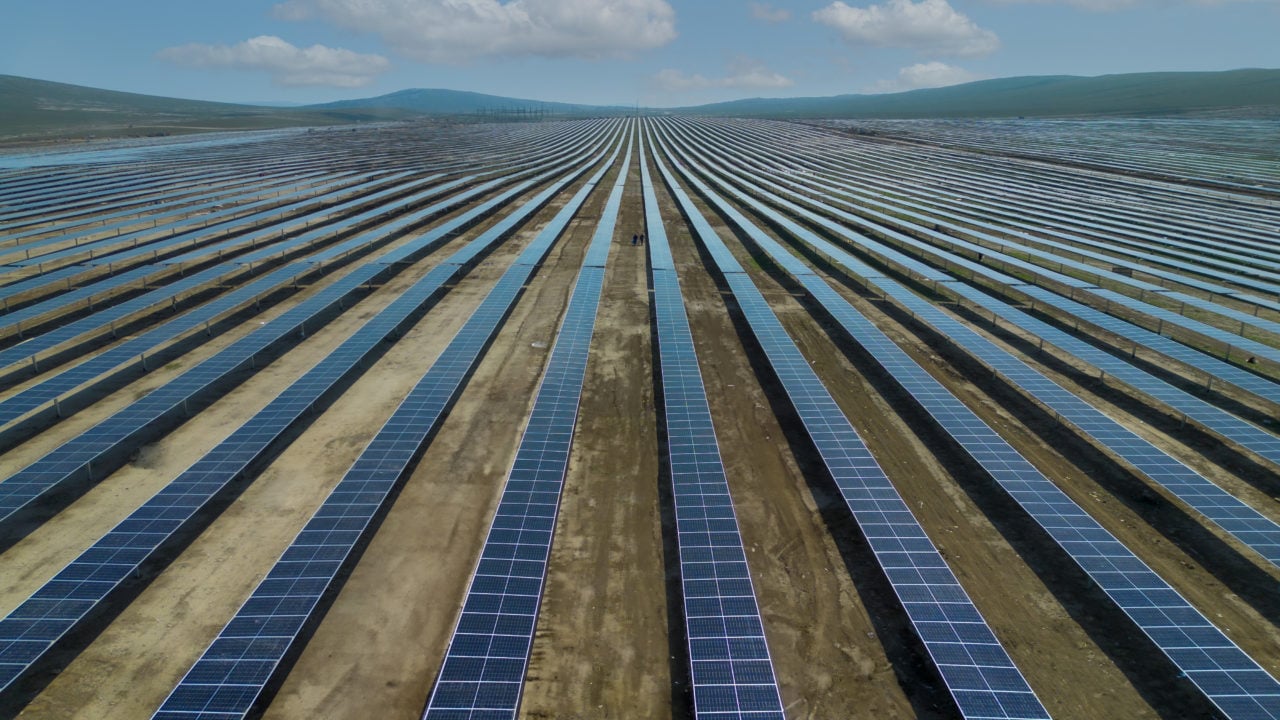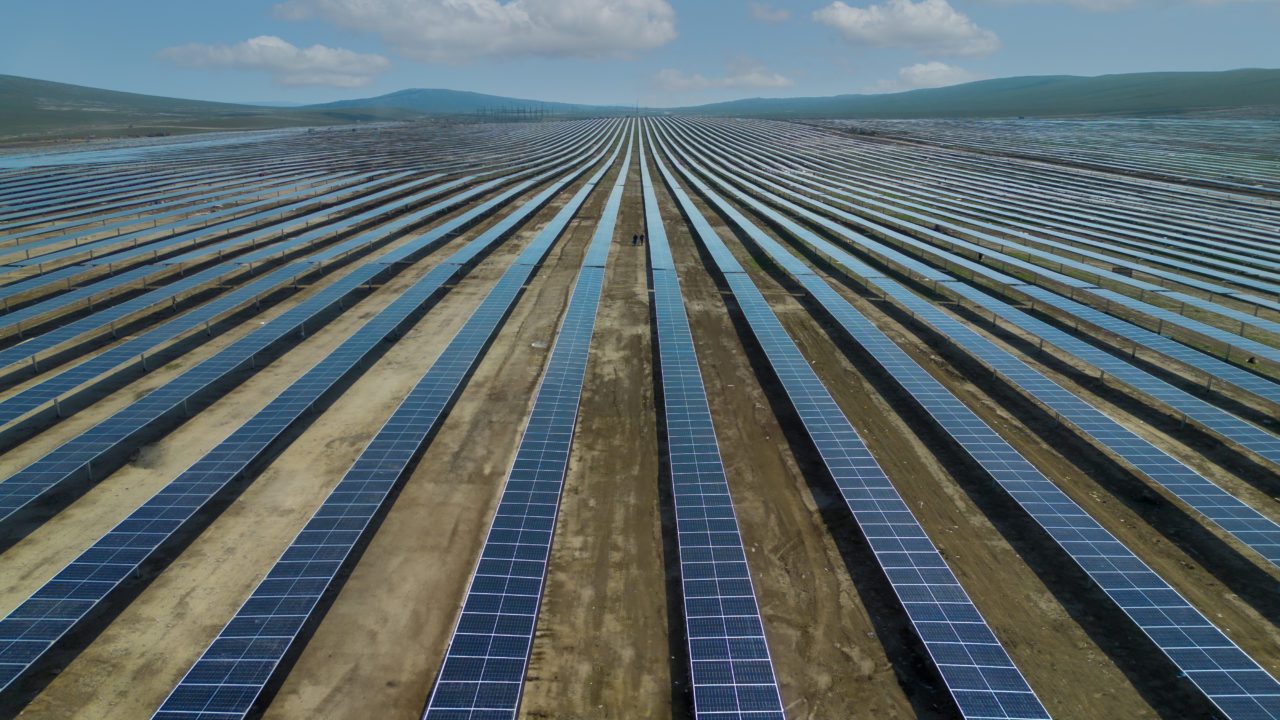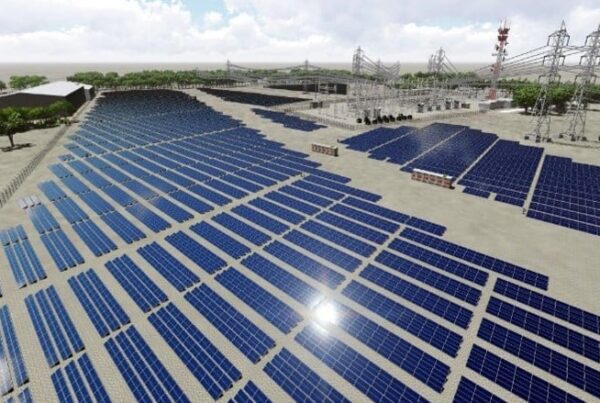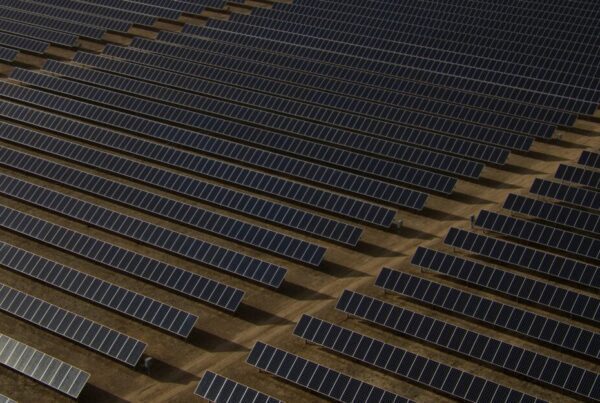
PV Tech reported that Masdar would develop both solar and wind projects with a combined capacity of 4GW, with the right to develop an additional 6GW in a later second phase.
Two implementation agreements were signed for the first phase. The first related to 1GW of solar PV and 1GW of onshore wind projects. The second covered integrated offshore wind and green hydrogen projects with a capacity of 2GW.
These agreements were signed after the inauguration of the 230MW Garadagh solar PV project. As Masdar’s first renewables project in Azerbaijan, the solar PV plant will generate 500GWh of electricity annually.
The Garadagh solar PV project is the first foreign investment-based solar project in the country, according to Masdar. The company achieved a financial close on the project in August 2022.
“The commissioning of the largest solar power plant based on the first foreign investment in our energy history, as well as the signing of investment agreements for the implementation of solar and wind energy projects with a capacity of 1000MW, show that our country’s green energy and green investment plans are successfully becoming a reality,” said Parviz Shahbazov, Azerbaijan energy minister.
Azerbaijan has planned to generate more than 30% of its overall energy capacity from renewables by 2030, while Masdar is targeting a renewable energy portfolio capacity of at least 100GW by 2030.
The company said it is expanding its footprint across the Caucasus and Central Asia. Earlier this month, Masdar subsidiary MW Energy signed a memorandum of understanding (MoU) with Tajikistan’s Ministry of Energy and Water Resources to develop 500MW of renewable power projects in the country, which will include ground-mounted and floating solar projects.
Masdar also signed a joint development agreement (JDA) with the Uzbekistan government to develop more than 2GW of solar and wind projects in May.






